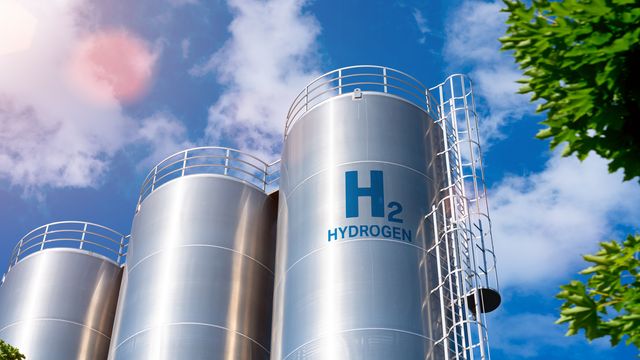Innovative Approach: Turning Wastewater into Green Hydrogen Catalysts
Key Ideas
- A research team from RMIT, University of Melbourne, Australian Synchrotron, and UNSW has developed an innovative approach to use wastewater contaminants to enhance green hydrogen production.
- The team's electrode invention made from absorbent carbon surfaces captures metals from wastewater to form stable catalysts that accelerate the water-splitting process.
- The method not only improves hydrogen production efficiency but also contributes to pollution reduction, water scarcity alleviation, and the development of a circular economy.
- The proposed technology could potentially reduce the high cost of wastewater treatment, turning wastewater into a valuable resource for sustainable hydrogen production.
The research conducted by a team involving RMIT, University of Melbourne, Australian Synchrotron, and University of New South Wales focuses on utilizing wastewater contaminants to enhance green hydrogen production efficiently. Lead researcher Associate Professor Nasir Mahmood highlighted the innovation's advantage of utilizing inherent materials in wastewater to produce green hydrogen without the need for purified water or additional purification steps. The team's experimental invention involves electrodes made from an absorbent carbon surface that attracts metals from wastewater to create stable catalysts, accelerating the water-splitting process. The carbon surface used is derived from agricultural waste, contributing to a cost-effective and sustainable innovation. This approach enables the separation of water into hydrogen and oxygen, with the produced oxygen being reintegrated into wastewater treatment plants to enhance their efficiency.
The team's device demonstrated continuous water splitting for 18 days with minimal performance decline, using wastewater samples that had undergone treatment to remove solid waste, organic matter, and nutrients. Co-lead researcher Professor Nicky Eshtiaghi emphasized the potential of this innovation to reduce wastewater treatment costs and transform it into a valuable source of green hydrogen. The team expressed interest in collaborating with global companies and water authorities to develop commercial systems that implement this technology on a large scale. Co-researcher Dr. Muhammad Haris mentioned the need for further research to enhance the catalyst process's efficiency and suitability for commercial use, aiming to test it with various types of wastewater to ensure universal functionality. This innovative approach not only addresses pollution reduction and water scarcity but also presents opportunities for sustainable energy production and the development of a circular economy.
Topics
Production
Sustainable Energy
Research Collaboration
Water Splitting
Wastewater Treatment
Circular Economy
Catalytic Systems
Latest News
